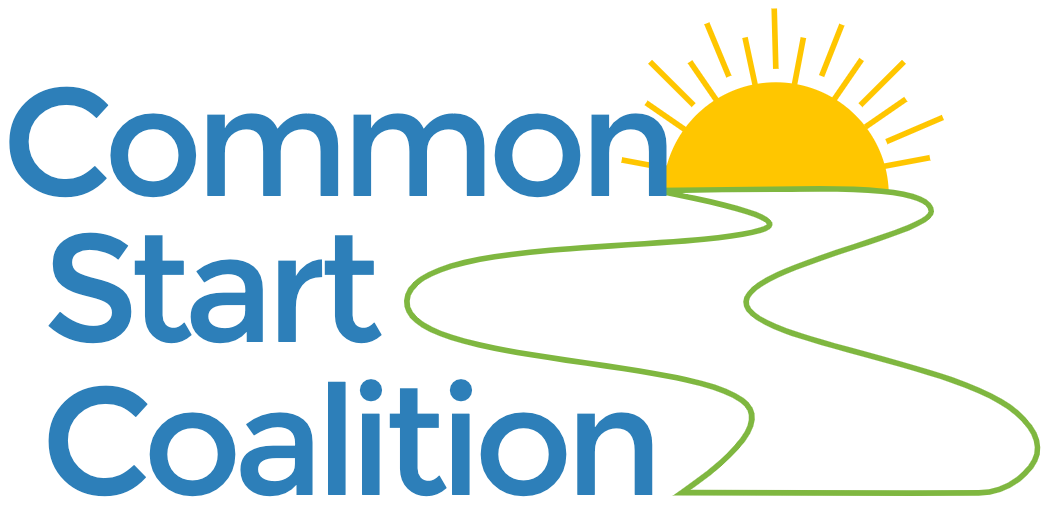It’s Time to Pass Child Care Legislation This Session!
In early 2021, the Common Start Coalition drafted legislation, originally filed by Reps. Gordon & Madaro and Senators Lewis & Moran, that would make early education and child care more affordable for families, raise pay for early educators, and provide stable funding to providers. On May 18, the Legislature’s Education Committee approved a landmark bill, H.4795/S.2883, titled An Act to Expand Access to High-Quality, Affordable Early Education and Care.
Major sections of the Education Committee's legislation are heavily based on the Common Start bill, and we are thrilled that it strongly reflects many of our coalition's core principles and proposed solutions to the childcare crisis (read more about the bill here). Now, we have until the end of the current legislative session on July 31 to pass H.4795/S.2883 and make progress this year on transforming the childcare system in Massachusetts!
We are on the verge of a major victory and the achievement of the first phase of our Common Start vision. Now is the time to make our voices heard and push hard for the affordable, accessible early education child care system we know is possible! Take two seconds and send a letter to your state legislators today!
We know that fulfilling our full vision will require a sustained effort to fund this framework and build on it over several years. The Common Start Coalition will continue to work with state leaders this session, next session, and beyond to build the affordable, accessible, high-quality early education and child care system that Massachusetts families deserve.
The Common Start Coalition is urging state legislators to pass H.4795/S.2883, with several modest additions that are outlined below, by the end of the current legislative session.
Affordability of Parent Fees for Low-Income Families — Ensure that early education and child care for families with income at or below the federal poverty level is fully subsidized with no parent fees, and ensure that for any children whose care is not fully subsidized, parent fees shall be determined by applying a sliding fee scale to the remainder of the family’s income after deducting 100% of the federal poverty level. This would make permanent several aspects of the current EEC fee schedule, ensuring that very low-income families receive care for free, and avoiding a cliff effect where parents who make slightly above the federal poverty level experience a sudden increase in fees.
Consider Provider Capacity in Operational Grant Formula — Ensure that the bill’s formula for distributing operational grants to programs considers the provider’s capacity to enroll more children, not just their current enrollment. Due to ongoing hiring difficulties, many providers have higher capacity to serve children than their current enrollment. Additional funding to pay educators, based on capacity, would allow providers to serve more children.
